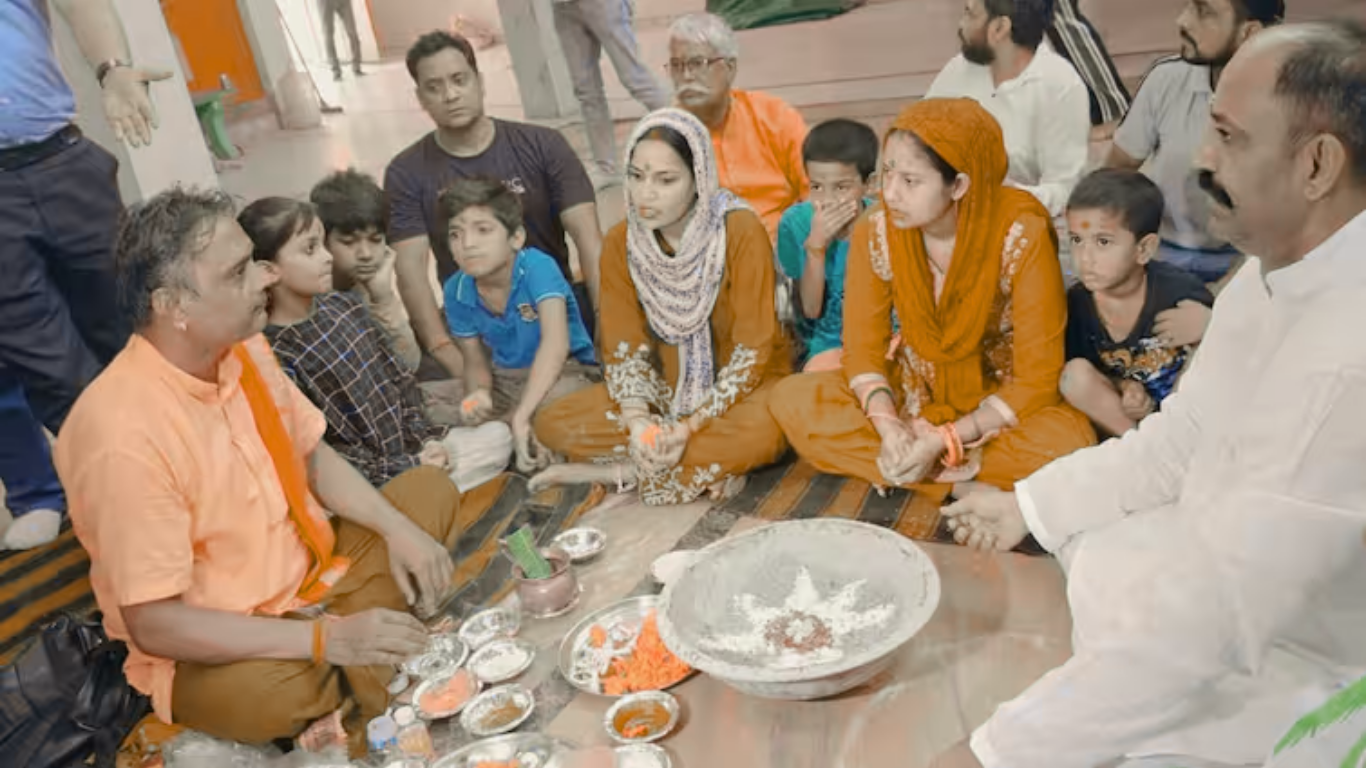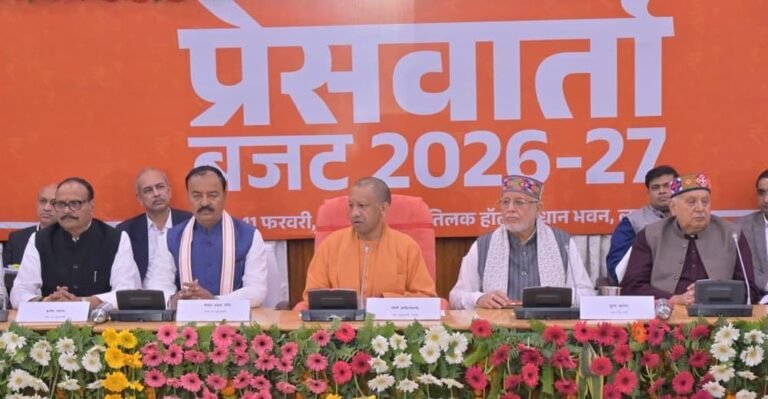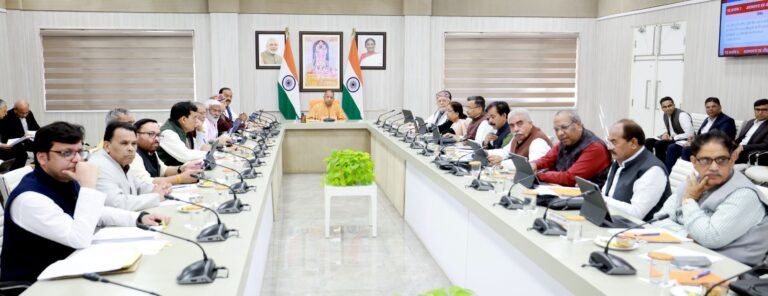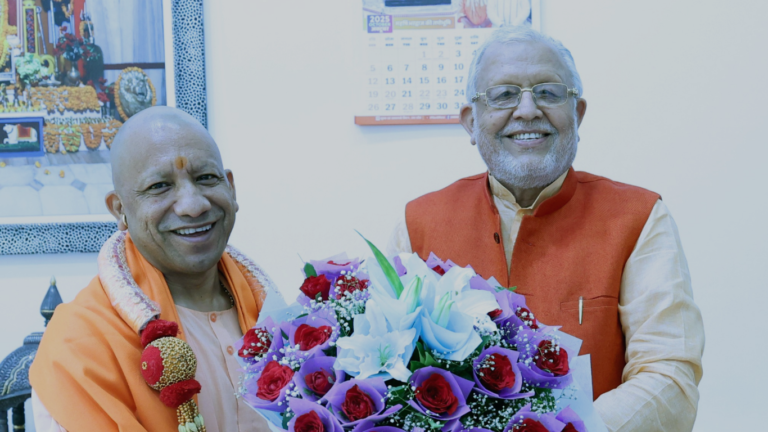
Ghaziabad, Uttar Pradesh – In a significant development in Ghaziabad’s Shalimar Garden area, two Muslim women, Sonia Khan and Khushboo Khan, have converted to Sanatan Dharma, citing oppressive practices like halala, burqa, and polygamy as their reasons. The women, both in their late 20s, have also married Hindu men, marking a new chapter in their lives. Here’s a detailed look at the story, based on local reports and ongoing developments.
The Decision to Convert
Sonia and Khushboo, who grew up in Ghaziabad, announced their decision to leave Islam and embrace Sanatan Dharma during a ceremony at a local Arya Samaj temple. According to their statements, the women felt restricted by certain Islamic practices. Sonia, now going by the name Suman, explained that she was uncomfortable with the practice of nikah halala, which requires a divorced woman to marry another man and consummate the marriage before remarrying her former husband. “It felt wrong and unfair,” she said. Khushboo, now called Kiran, echoed similar sentiments, adding that wearing a burqa made her feel confined and disconnected from the world.
Both women also expressed concerns about polygamy, particularly citing personal experiences. Kiran alleged that her father had taken a third wife, which caused distress in her family. “I saw no equality in that life,” she said during a press interaction. Their decision to convert was further influenced by their relationships with Hindu men, whom they met through mutual friends. After months of discussion, they chose to marry their partners, Rohan Sharma and Vikram Singh, in Vedic ceremonies at the temple.
The Ceremony and Response
The conversion and marriage ceremonies were conducted under the guidance of the Arya Samaj, a Hindu reform organization known for facilitating interfaith marriages and conversions. The women underwent a purification ritual, received new names, and were married according to Vedic traditions. The temple authorities verified their ages and consent, ensuring legal compliance. “They came to us voluntarily, seeking freedom and a new life,” said a temple official.
Broader Context
This incident is not isolated. Similar cases of Muslim women converting to Sanatan Dharma have been reported in Uttar Pradesh, often citing issues like triple talaq, halala, and polygamy. These conversions, sometimes called “Ghar Wapsi” (return home), are part of religious freedom, personal choice, and societal pressures. Critics argue that such cases are sometimes exaggerated to push communal narratives, while supporters see them as examples of women seeking empowerment. In 2019, the Supreme Court banned triple talaq, but practices like halala and polygamy remain contentious, with activists like Sameena Begum and Benazir Hina advocating for reforms.



